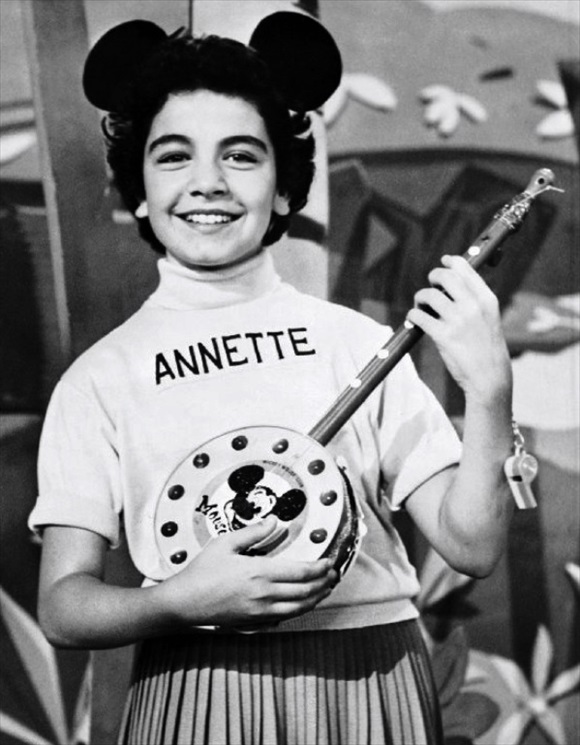The tangible outworking of my discomfort was that I joined the local branch of the Australian Labor Party. (Yes, "Labor" is spelt without a 'U' in this context, due largely to the involvement of failed American gold miners in the establishment of the Party, way back when. All other Australian usages of the word require the 'U'.)
I happened to be living in a small country town in the heart of 'Black Jack' McEwan's electorate, which consistently recorded the lowest vote in the country for the ALP. The significance of this is that the local party was dispirited, members were few and mostly inactive, and a friend and I were free to appoint ourselves to whatever roles we desired. As such we became Delegates to the ALP National Conference held at
the St Kilda Town Hall in 1971. I was shocked to discover that the Conference wasn't much more than a fashion parade. (I was 17 years old at the time. Make allowances.) We were treated to displays of black-suited eloquence by such friends of the working man as Bob Hawke and Don Dunstan, but the unquestioned star of the show was one Edward Gough Whitlam.
Like most Australians at the time, I had no idea that Gough was an actor. Yes, indeedy. And sympathetic to the idea that Australia should have its own film industry. The Australian film revival of the 1970s only really took shape after Gough became Prime Minister. His government established the Australian Film and Television School and the Australian Film Commission, which led to a resurgence of the Australian film industry, later dubbed the Australian New Wave.
Not only that but Gough appeared in some of the films that his innovations had made possible, and helped unleash 'Dame' Edna Everage on the world.
 |
| Edward Gough meets Bazza McKenzie in Barry McKenzie Holds His Own. |
 |
| Edward Gough meets Edna Everage and dubs her a 'Dame,' in Barry McKenzie Holds His Own. |
And to round things out, we can listen to that speech, one last time.
























